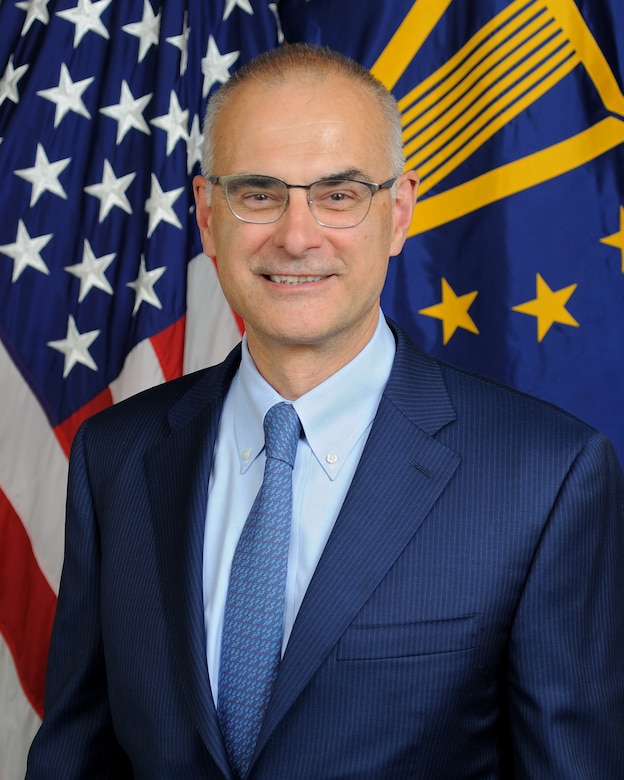
Tom Michelli, cyber operations and cybersecurity strategic account executive at Leidos, has been appointed chair of the WashingtonExec Cybersecurity Council for 2021-2022.
“The most important responsibility I have is to be a servant leader for this council, to listen to how the council wants to impact our nation’s cybersecurity and encourage them to bring problems and solutions. Then help make connections to solve those problems and implement solutions,” Michelli said.
The opportunity to continue his servant leadership is a meaningful one, Michelli added. He brings more than 30 years of military and civilian cyber experience to the council and has served in senior executive service positions at both the departments of Defense and Homeland Security.
Michelli’s prior roles in DOD include vice director of command, control, communications and computers/cyber; deputy chief information officer for the Joint Chiefs of Staff/J6; acting principal deputy DOD CIO; and deputy CIO for cybersecurity. At DHS, he was CIO at U.S. Coast Guard and U.S. Immigration and Customs Enforcement.
Before Leidos, he served as chief cloud customer success officer for SAP National Security Services, responsible for cloud customer migration outcomes in the national security and commercial regulated industry sectors.
Michelli intends to use his cross-sector experience to foster a culture of collaboration within the council. He believes getting people together to hear common issues can lead to common solutions and connections.
“There are so many cases where somebody is trying to do something that somebody else has solved or has been pondering on as well,” he said. “When you get two people together with different views, those then help clarify the problem and then give indications on the solution.”
He also plans to take a listening approach and understand what the council members want to discuss first based on their many different perspectives, and how they hope to bolster national security.
Collaboration and communication amplify the possible solutions to problem sets, and public-private partnerships are key — according to Michelli, and the recent executive order on improving the nation’s cybersecurity. Sectors are helping each other find vulnerabilities in their networks, and the Cybersecurity and Infrastructure Security Agency announced a Joint Cyber Defense Collaborative, for instance.
“It’s about how we get the whole-of-the-nation, different parties together to discover, define the vulnerabilities, the threats, the problems and then the solutions for them,” Michelli said.
He does anticipate cyber workforce, cyber-physical systems, recent major cyberattacks, defensive cyber, offensive cyber, election security, zero trust and cloud security (especially with lessons learned during the pandemic) being priority topics among the council.
As chair, he plans to get the “band together” to understand members’ viewpoints and priorities and how the council can collaborate on them. Ultimately, Michelli envisions the council working together to solve hard problems and making a difference for the nation, for themselves and their careers.
“Having the opportunity to effect meaningful, innovative progress as a council leader is an honor, and I’m very happy to help facilitate and participate in that process,” Michelli said.

